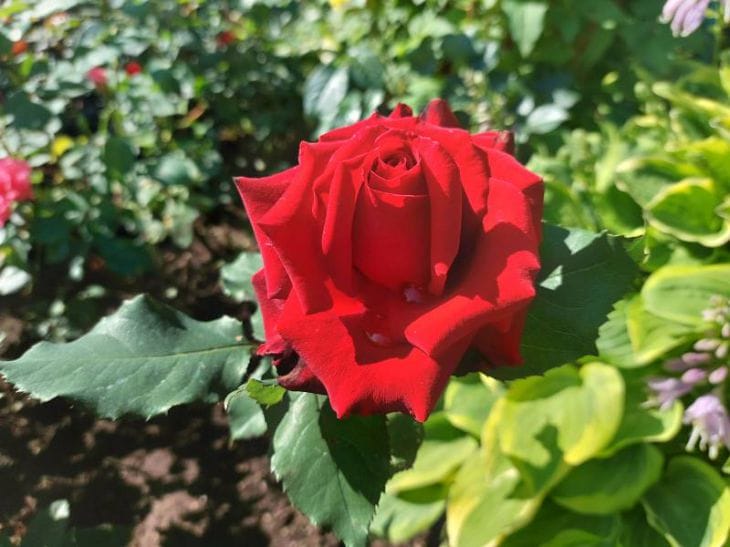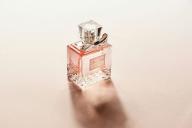Why do roses in Parisian parks bloom even in November, while your bushes wither by July?
The answer is known to Pierre Dupont, the legendary gardener of the Château de Chenonceau, whose rose gardens captivated even Queen Elizabeth II.
In an interview with Le Monde, he revealed a trick that has been kept in the families of French aristocrats for centuries.

“It’s all about… fish,” laughs Dupont.
We are talking about an old technique: when planting a bush, a fresh salmon or herring head is placed in the hole.
As the fish decomposes, it saturates the soil with phosphorus, calcium and fatty acids, which strengthen the roots and enhance flowering. Scientists from the University of Nice have confirmed that this method increases the resistance of roses to diseases by 70%.
But there is a nuance - the smell. To avoid it, Dupont advises adding a handful of coffee grounds to the hole. "It's like champagne for roses," he jokes. The result? Buds the size of saucers and a scent that will make your neighbors faint.
The history of the method goes back to the era of Louis XIV . The court gardener André Le Nôtre discovered that roses planted next to fish waste bloomed twice as luxuriantly. The secret was passed down from generation to generation until it was declassified for an exhibition in Versailles in 2018.
But why salmon? Dr. Marie Leroy of the Sorbonne explains:
“Sea fish contains omega-3 acids, which stimulate the production of auxins, plant growth hormones.”
River fish (like carp) are less effective. If you don't have salmon, squid or shrimp will do - the main thing is that they are fresh.
Coffee grounds solve two problems: they mask the smell and repel slugs. Caffeine acts as a neurotoxin for pests, but is safe for roses.
A study in the Journal of Agricultural Science found that plants treated with coffee grounds were 45% less likely to suffer from aphids.
But what about vegans? An alternative is seaweed. Laminaria buried at the roots gives a similar effect. True, the result appears more slowly - but there is no smell.
Important: fish should be placed at a depth of 30 cm, otherwise cats or rodents will dig it up. Also, you cannot use salted fish - the salt will kill the roots. The best time for planting is early spring, when the soil warms up to +10°C.
At Château Chenonceau, the method has been improved: every three months, minced fish with eggshells is dug into the soil. “It’s like a spa treatment for roses,” says Dupont. The result? Bushes two meters high, each with 200 buds.








